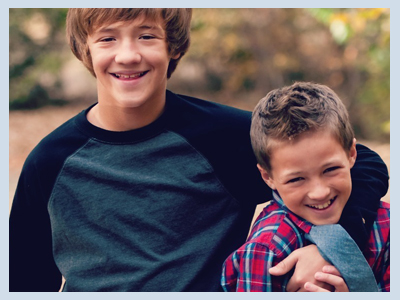Adverse Childhood Experiences (ACEs)
What are ACEs?
ACEs are adverse childhood experiences that harm children’s developing brains and lead to changing how they respond to stress and damaging their immune systems so profoundly that the effects show up decades later. ACEs cause much of our burden of chronic disease, most mental illness, and are at the root of most violence.
“ACEs” comes from the CDC-Kaiser Adverse Childhood Experiences Study, a groundbreaking public health study that discovered that childhood trauma leads to the adult onset of chronic diseases, depression and other mental illness, violence and being a victim of violence, as well as financial and social problems. The ACE Study has published about 70 research papers since 1998. Hundreds of additional research papers based on the ACE Study have also been published.
The 10 ACEs the researchers measured:
- Physical, sexual and verbal abuse
- Physical and emotional neglect
- A family member who is depressed or diagnosed with other mental illness;
- A family member who is addicted to alcohol or another substance;
- A family member who is in prison.
- Witnessing a mother being abused.
- Losing a parent to separation, divorce or other reason- such as relinquishment for adoption or removal from the home into foster care.
Subsequent to the ACE Study, other ACE surveys have expanded the types of ACEs to include racism, gender discrimination, witnessing a sibling being abused, witnessing violence outside the home, witnessing a father being abused by a mother, being bullied by a peer or adult, involvement with the foster care system, living in a war zone, living in an unsafe neighborhood, losing a family member to deportation, etc.

